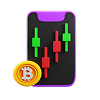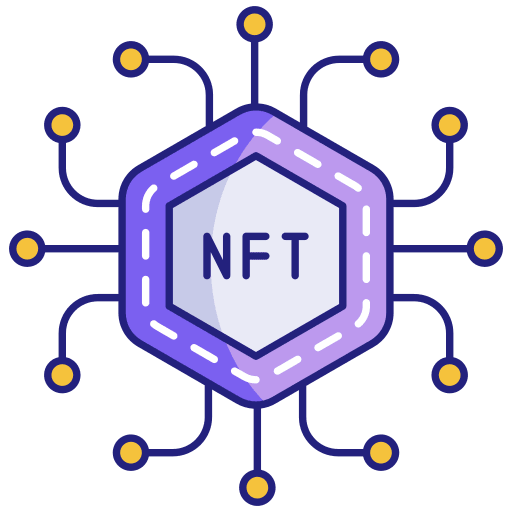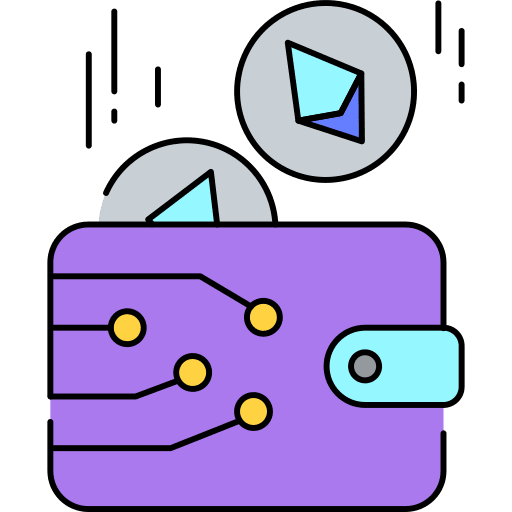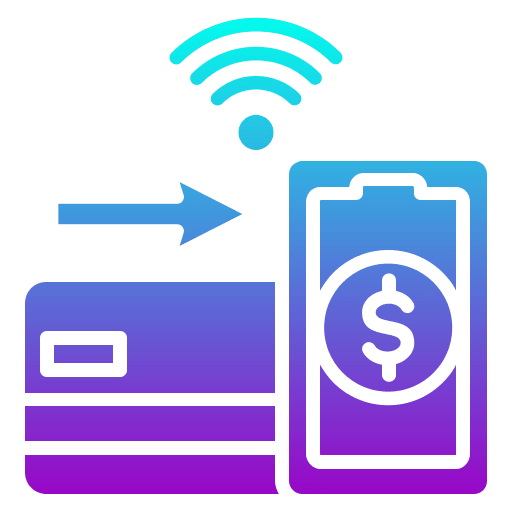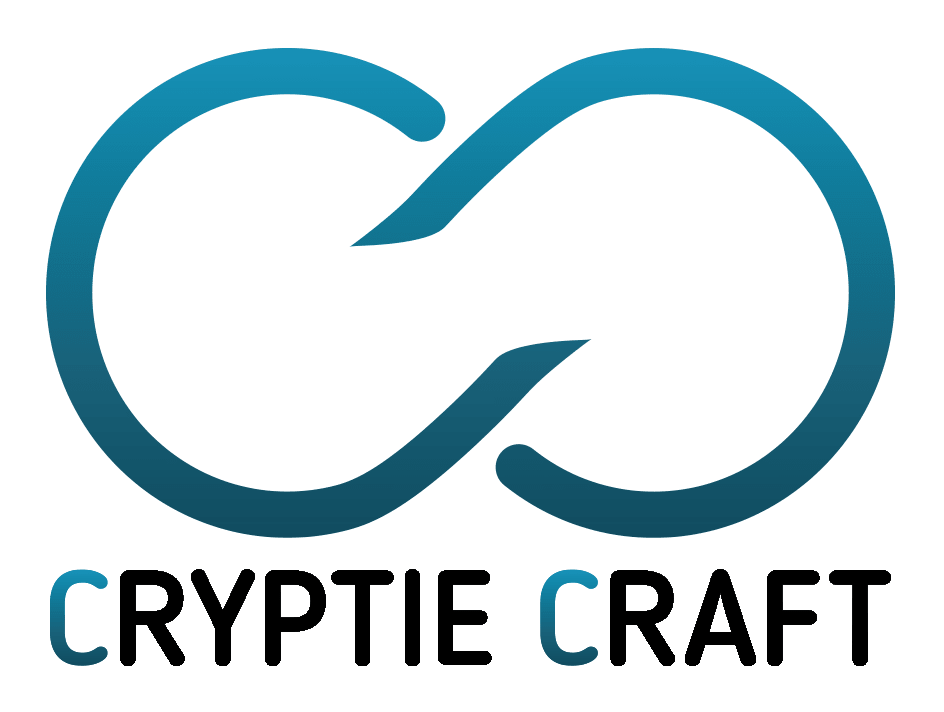In the 21st century, the financial technology (Fintech) industry is rapidly evolving, with blockchain and decentralized finance (DeFi) reshaping transactions and digital asset management. One of the most transformative innovations in the cryptocurrency industry is Web3 wallets, which enable users to store, manage, and transact. With cryptocurrencies and digital assets, without depending on traditional banks.
For Fintech startups, integrating Web3 Wallets plays a pivotal role in enhancing user experience, expanding financial services, and jumping into the growing market of decentralized solutions. Therefore, this blog explores the benefits, key features, integration options, and much more about Web3 Wallets in the Fintech industry.
What is Web3 Wallet?
A web wallet is a digital wallet that allows users to interact with blockchain networks and store, send, and receive cryptocurrencies and access decentralized applications (dApps). Unlike traditional wallets, a web3 wallet gives full access to its private keys, building trust and credibility in the ownership of assets.
In this procedure, users connect to their Web3 Wallet to these services, which help them to store their assets in their wallets in a more secure manner. These help you to pass through large institutions without any intermediaries, with emphasis on true credibility and trust building. Therefore, web3|Wallets can uplift your user retention with enhanced brand visibility.
Web3 Wallet Development – Overview
Web3 wallets development is a digital tool that enables you to interact with diverse blockchain networks, accessing the world of decentralized applications (dApps) and much more.Web3 Wallets gives full priority to its user from private keys to accessing their funds.
This improves the game for developers in the decentralized web, ensuring seamless cross-platform compatibility. Web3 wallets play a critical role in DeFi with a broader blockchain ecosystem, driving adoption through accessibility and trustless innovation.
Why Web3 Wallets Matter for Fintech Startups?
For fintech startups, Web3 Wallet can make a whole lot of difference in different ways. It removes the risk of third parties or intermediaries through decentralization. Users can manage their funds without relying on a centralized authority, with reduced transaction costs and delays.
Cross-border transactions offer you global accessibility without the limitations of traditional banking. With the integration of smart contracts, fintech startups can facilitate automated financial services like lending, staking, and yield farming.
Fintech startups can offer next-gen financial services, attracting crypto-savvy users and staying ahead in the fast-moving market.
Benefits of Web3 Wallets Integration for Fintech Startups
Integrating Web3 Wallets for Fintech Startups provides users with numerous benefits, including enhanced development and security. Allowing users to explore a diverse crypto ecosystem with a range of services with unique features, with great importance to user control, and much more:
- True Ownership of Assets: Users are liable for their digital assets, providing full access in Web3 Wallets. These reduce third-party management, with a decline in centralized data breaches. Therefore, the user is solely responsible for the funds through private keys.
- Approach Decentralized Applications (dApps): Web3 Wallets have a plus pointer since they can connect with dApps, which opens up a wide range of services like DeFi lending, borrowing, gaming, and NFT marketplaces. Users can connect with prioritized user control and transparency.
- Authority to Digital Identity: Web3 Wallets also function as a digital identity in decentralized ecosystems. Users can enjoy their anonymity and privacy without registering with personal information.
- Avail the Web3 Nature: With access to Web3Wallet, you have entered the world of blockchain and decentralized, which has a direct approach. A simple wallet can manage multiple assets across different dApps, with most of the Web3 Wallets supporting a wide range of popular networks like Ethereum, Polygon, and Binance Smart Chain.
- Better Financial Opportunities: With decentralized finance (Defi) applications, Web3 wallet holders can explore various financial services such as staking, liquidity pools, and yield farming. Wallets can facilitate unique methods of earning without the traditional banks or financial intermediaries.
Core Features Your Web3 Wallet Must Support
A robust Web3Wallet should include:
- Multi-Chain Compatibility: It should support major blockchains like Ethereum, Solana, and Binance Smart Chain, and other leading blockchains.
- Non-Custodial Control: You can retain private key ownership for enhanced security.
- Token & NFT management: You can store and transfer digital assets.
- Authentication of Biometrics and Multi-Signature: This adds an extra layer of security to your wallet.
- Access to Cross-Platform: You can access mobile, web, and browser extensions.
- Optimize Gas Fee:This helps users minimize transaction costs.
Integration Option for Fintech Startups
Fintech startups can utilize Web3 Wallets in 3 simple ways:
- Third-Party Wallet APIs: You can authorize your existing wallets like MetaMask, TrustWallet, or CoinbaseWallet via SDKs.
- Develop Custom Wallets: You can build a branded wallet with curated features.
- Approach Hybrid Model: Your existing wallet’s infrastructure with proprietary enhancements.
Each option has trade-offs in cost, development time, and customisation.
Integration Steps
You can utilize these steps while integrating your Web3Wallet to determine if your wallet will support payments, DeFi, or NFTs.Always select a self-custodial or hybrid model of blockchain or wallet type that will help you to develop or integrate APIs like Web3.js, Ether.js, or Walletconnect for better connectivity. Lastly, implement multi-signature wallets, encryption, and smart contracts with consistent security tests before the final launch.
Security and Compliance Considerations
Security is critical in Web3Wallet integration, which startups in fintech must consider:
- Employ hardware security modules (HSMs) for the management of keys.
- Prevent exploits and threats by conducting smart contract audits.
- Utilize KYC/AML regulations wherever necessary.
- Enable Two-Factor Authentication for user protection.
- Monitor real-time alerts for any kind of phishing or fraud.
It is essential to implement these measures since they can lead to hacks, regulatory penalties, with loss of user trust and credibility.
How can Cryptiecraft help you to integrate Web3 Wallets?
Cryptiecraft specialises in enhanced, highly secure Web3Wallet integration for fintech startups. You can develop your Web3 Wallets with a handmade solution for business strategies, catering to custom wallet development. Ensure security and efficiency with the use of smart contract audits along with regulatory compliance on KYC, AML, and data protection. You can fasten your Web2Wallets by making it compatible with the leading blockchains across the globe.
You can join hands with Cryptiecraft while adapting to skilled Web3 Wallets solutions, while maintaining security and compliance.
Frequently Asked Questions (FAQ)
Q1: What is the difference between custodial and non-custodial wallets?
Ans: Custodial wallets are managed by third parties, while non-custodial wallets give full access to their users over private keys.
Q2: Can Web3 Wallets support fiat transactions?
Ans: Yes, Fiat transactions are supported in Web3Wallet through stablecoins and on/off ramps such as MoonPay or Wyre.
Q3: Are Web3 Wallets complicated in comparison to traditional banking apps?
Ans: Initially, the setup of Web3 Wallets may take time since seed phrase backups, adding fiat on-ramps, and educational tutorials are required. But in the long run, it is easier than traditional banking apps.
Q4: Can Cryptiecraft help with the integration of API based and custom wallet integrations?
Ans: Yes, Cryptiecraft experts to provide you with quick API integrations (MetaMask, WalletConnect), custom wallet development, and smart contract audits with security consultations.
Q5: What is the first step of integrating a Web3 wallet with Cryptiecraft?
Ans: You can easily integrate your Web3Wallet with Cryptiecraft by reaching out to our experts for a free consultation, discussing your integration path (whether APIs or custom). Then, finally, start developing and testing your platform before the final launch.







